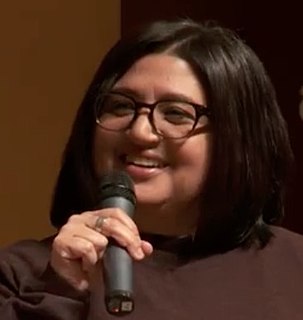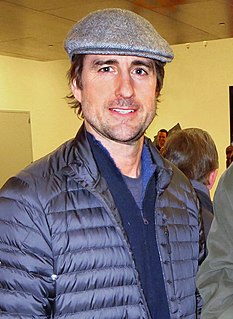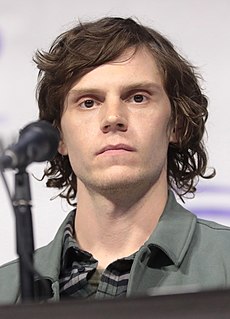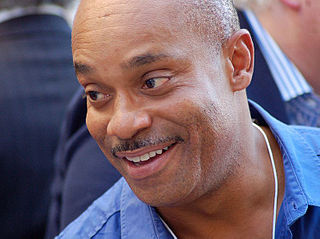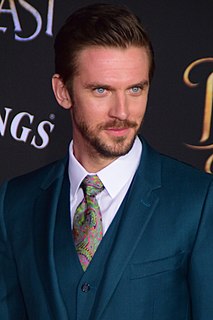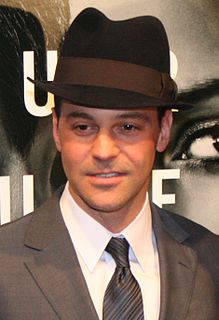A Quote by Nahnatchka Khan
There's some actors that go easily between drama and comedy because they play the naturalism of the role, and they just have natural timing.
Related Quotes
Having written both comedy and drama, comedy's harder because the fear of failure's so much stronger. When you write a scene and you see it cut together, and it doesn't make you laugh, it hurts in a way that failed drama doesn't. Failed drama, it's all, 'That's not that compelling,' but failed comedy just lays there.
I've always thought that comedy was just another dramatic expression. I try to measure the amount of truth in a work rather than just looking at the generic distinction between comedy and drama. There's a lot of bullshit drama that leaves you totally cold. And there's a lot of wasted comedy time too. But when you get something honest, it doesn't matter what label you give it.
My fear of drama school is that the natural extraordinary but eccentric talent sometimes can't find its place in a drama school. And often that's the greatest talent. And it very much depends on the drama school and how it's run and the teachers. It's a different thing here in America as well because so many of your great actors go to class, which is sort of we don't do in England.
That straight man character is a short trip between comedy and drama in a project, so I can play the comedic beat on the same page as a dramatic beat. It gives me a lot of freedom as an actor to play scenes in multiple ways because I don't play the clown, nor do I play someone who is particularly maudlin.
You can play yourself and make a very good career out of it. Do the same type of role, the daring, good-looking, dashing kind of guy. I mean, there's a role for that guy in television, films, whatever. But people who are able to shape-shift and go from drama to comedy to whatever, there's an art to it. Especially in Hollywood.
When someone who is known as a comedic actor goes to drama, it often doesn't work out, because they really just chose wrong, I think - or maybe they're just not good actors. For me it's important making that transition seamless, and not a huge shock and jumping into cold water. It doesn't feel like I'm trying to shock you or anything. I'm just saying, "I'm a different actor than you thought I was. Don't put me in a box. I'm not just some kid running around screaming curse words." I have other tastes besides comedy. I love comedy, but I love dramatic movies just as much.
Comedy can be more difficult than drama. It requires more attention to timing. In the theater, you're always dependent on the audience for the energy, but in comedy the feedback you get is more important. You can judge by the quickness and the length of the laugh just where you stand with the audience.
